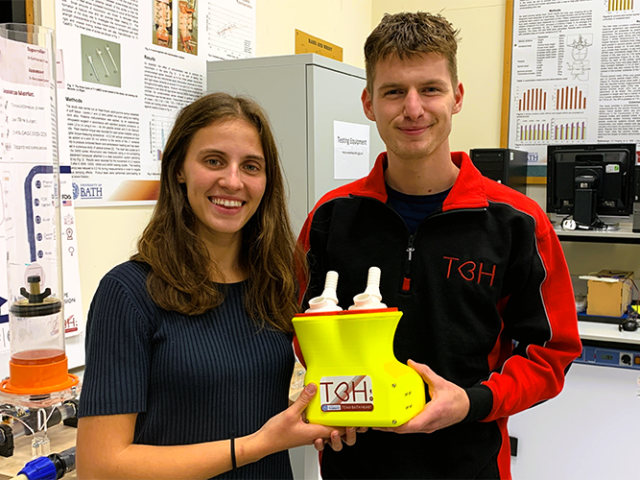The recent release of apprenticeship data for the 2022/23 period by the Department for Education (DfE) has provided crucial insights into the state of engineering and technology apprenticeships in England. An analysis by EngineeringUK reveals trends and challenges within this sector, highlighting areas of concern and potential growth.
Engineering and technology apprenticeships trends
The data indicates a 2.4% decrease in engineering-related apprenticeship starts compared to the 2021/22 period. This decline, though marginal, is still less than the average across all sectors, which experienced a 3.5% drop. More notably, the number of apprenticeship starts in engineering is still 7.7% lower than pre-pandemic levels in 2018/19. A significant decrease of 22.6% has been observed in Level 2 engineering-related apprenticeships between 2021/22 and 2022/23.
Insights from a key figure
Beatrice Barleon, Head of Policy & Public Affairs at EngineeringUK, expressed concerns about these trends. “The latest apprenticeships data paints a concerning picture for the engineering sector and for the prospect of growing the UK’s engineering workforce to address acute skills shortages,” she remarks. The decline in apprenticeship starts is seen as a hindrance to the sector’s growth and its ability to address the pressing skills shortages.
Barleon finds the sharp decline in Level 2 apprenticeships particularly alarming. “Particularly concerning is the decline in Level 2 apprenticeship starts by almost a quarter (22.6%) since last year, alongside a reduction in numbers of young people aged 16-19 taking up apprenticeships since 2017/2018.” She emphasises the importance of lower-level apprenticeships in providing opportunities for young people from diverse backgrounds to enter engineering and technology fields.
The importance of diversity and accessibility to engineering and technology apprenticeships
The data suggests a need for more accessible entry points into the engineering and technology workforce. Level 2 and 3 apprenticeships are critical for young people, especially those from varied backgrounds, to start their careers in engineering and tech. Barleon advocates for an increase in opportunities at these levels to ensure a more diverse and skilled workforce.
EngineeringUK’s role and future steps
EngineeringUK is committed to enhancing the state of engineering and technology apprenticeships. “We will continue to play our part in growing and sustaining engineering and technology apprenticeships, including taking forward the recommendations from our recently published 5-point plan,” asserts Barleon. This plan aims to address the current challenges and improve the apprenticeship landscape in the UK.
Conclusion
The 2022/23 apprenticeship data reveals critical insights into the engineering and technology sector, underscoring the need for strategic actions to reverse the declining trend. With concerted efforts from organisations like EngineeringUK and a focus on creating more inclusive opportunities at foundational levels, there is potential to revitalise the apprenticeship pathway. Such efforts are essential not only for the growth of the sector but also for ensuring the UK has a diverse, skilled engineering workforce capable of meeting future challenges. Engineering and technology apprenticeships remain a key factor for the UK moving forward.




